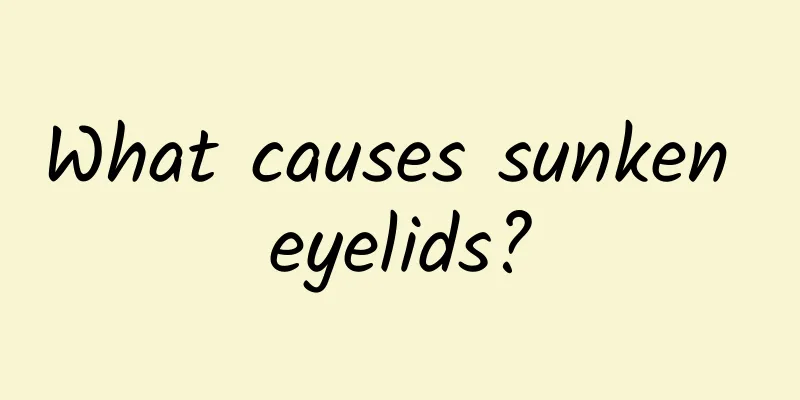Polio symptoms

|
Poliomyelitis is a common contagious disease caused by a virus. It is a great threat to the health of children and men. It is mainly an acute infectious disease. The main clinical characteristics are irregular, asymmetrical, sensory impairment, incontinence and some paralysis symptoms, and some reflexes are weakened or disappear. In daily life, it can be divided into four periods. Let us briefly introduce them below. The incubation period, the development period of the lesion, as well as some recovery periods and sequelae periods, so the main manifestations are different in different periods. Therefore, in daily life, the patient's diet should be based on clothing, the diet should be increased, and some other diets should not eat too much fat. (1) The first stage - the prodromal stage: During this stage, the patient has a low or moderate fever, often accompanied by symptoms such as headache, drowsiness, sweating, and general fatigue and discomfort. They may also experience gastrointestinal symptoms such as loss of appetite, vomiting, diarrhea, or constipation, and even respiratory symptoms such as sore throat, red throat, and mild cough. This period usually lasts 1 to 4 days. Most cases develop to this stage and are of the frustrated type, also known as the lucky type. (2) The second stage - the pre-paralysis stage: Based on the previous stage, the child's body temperature returns to normal and general symptoms disappear, but after 1 to 3 days the body temperature rises again and is relatively high, usually between 38 and 39°C, and in some children it can be as high as 40°C. At this time, the general symptoms also become more severe. The child is irritable and has headache, vomiting, drowsiness, limb pain and hyperesthesia. There may be myotonia on the back of the neck, and the fontanelle of infants and young children may be tense and full, and the "spinal cord sign" may appear, which is meaningful for diagnosis. This period usually lasts 3 to 5 days, but it can be as short as a few hours or as long as 2 to 3 weeks. During this stage, some cases may still not experience limb paralysis and gradually recover. These are called non-paralysis cases and are also lucky. For another group of children, the condition continues to progress and they enter the paralysis stage. (3) The third stage - paralysis stage: This stage usually begins on the 3rd to 4th day of the pre-paralysis stage. About 5% of cases enter this stage directly without going through the pre-paralysis stage. Paralysis symptoms often occur when the temperature drops, but some may occur after the fever subsides. It often starts with limb pain and muscle tenderness, followed by sudden paralysis. Paralysis can occur anywhere, but limb paralysis is the most common. The above are the symptoms of poliomyelitis. The main clinical characteristics are irregular, asymmetrical, sensory impairment, incontinence and some paralysis symptoms, and some reflexes are weakened or disappeared. Reasonable combination of fat, protein, excess substances and vitamins, selection of high-protein, high-vitamin and easily digestible foods, and prevention and care must pay attention to the high incidence of such diseases. |
>>: Blisters on the soles of feet
Recommend
Can I drink tea while taking Chinese medicine?
Chinese people have the habit of drinking tea. At...
What is the disease that causes right chest tightness, hiccups and acid reflux?
In our lives, heartburn is still very common, jus...
Can I get pregnant if I have a thyroid?
Pregnancy is the most important thing for women, ...
Is 36 degrees normal for pregnant women?
After a woman becomes pregnant, her body will be s...
Is it cerebral palsy if the baby sits forward?
A baby's forward sitting position does not ne...
Is physical therapy effective for lumbar disc herniation?
For most patients with lumbar disc disease, physi...
What to do if the oil pan foams?
In our daily life, many people like to eat fried ...
What is the best way to treat gastric ulcer?
Many patients with gastric ulcers will continue t...
Can pregnant women take penicillin?
Penicillin is a medicine made of a variety of hig...
What are the reasons for high eosinophil ratio?
If during the medical examination, it is found th...
What to do if you get angry after moxibustion? Chinese medicine recommends a good way to reduce fire
Moxibustion is one of the eleven common health ca...
Will gastric ulcer turn into gastric cancer? It still needs to be treated thoroughly
The occurrence of gastric ulcers is caused by gen...
What to do with swollen calves
It is easy for female friends to experience calf ...
Where is Shangyingxiang acupoint? It mainly treats nasal discomfort
There are many acupoints in our body, and each ac...
Tips for treating conjunctivitis
Conjunctivitis is a very common disease in daily ...









